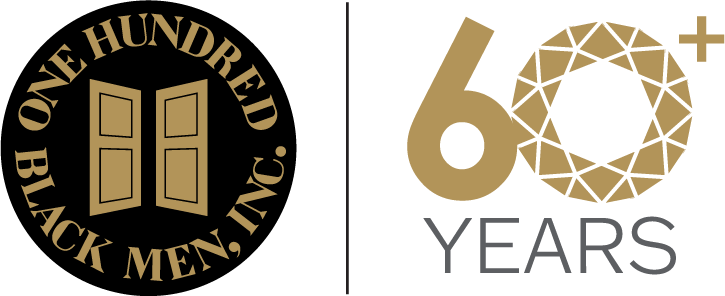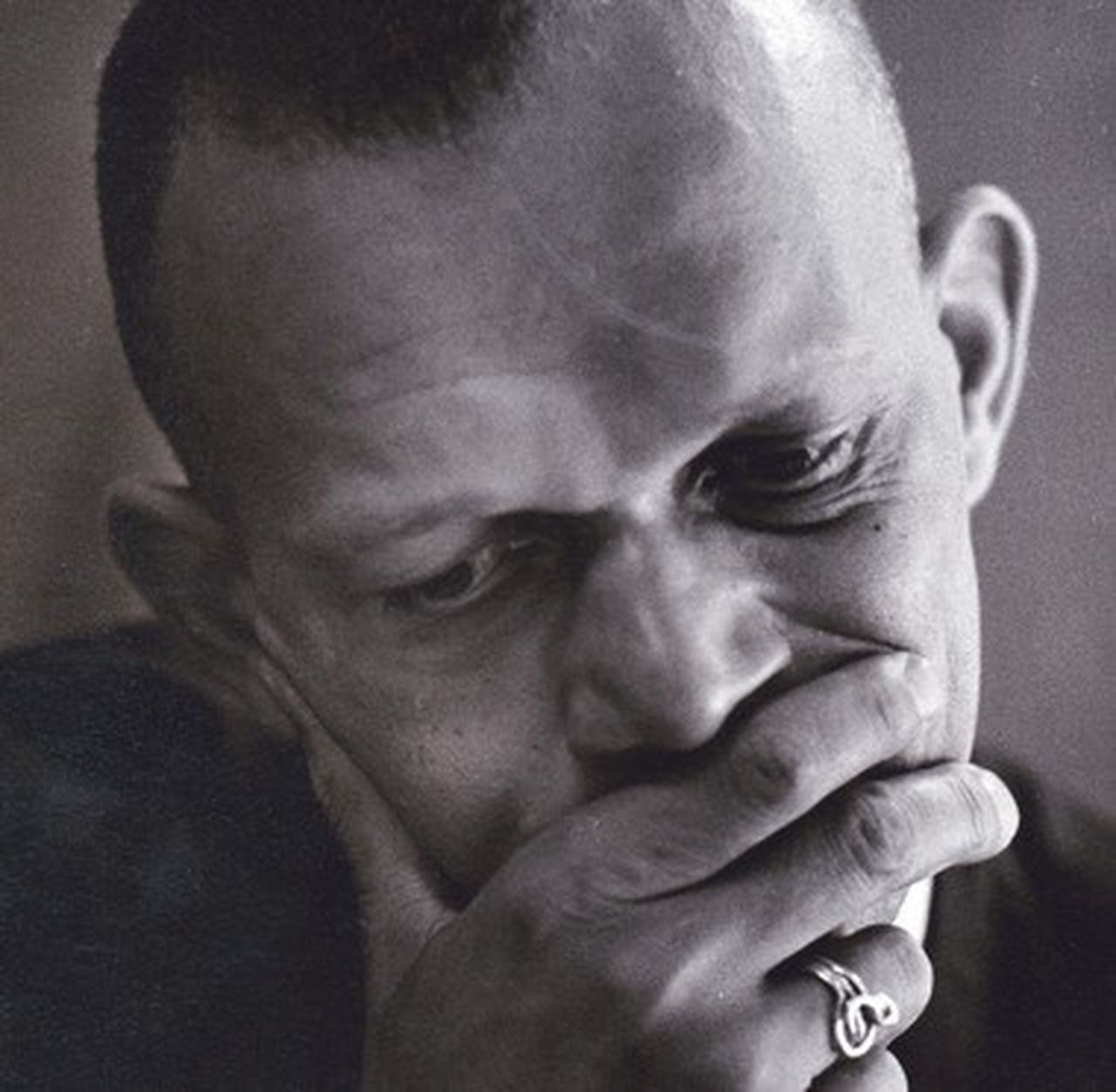
Robert Mangum
Robert Mangum had a diverse career as the youngest deputy police commissioner in New York City, chairman of human rights for New York State, and the chairman of the New York affiliate of the National Urban League. Mangum also served as the appointed director of the Northeast region of the Office of Economic Opportunity, the lead agency in President Johnson’s war on poverty. In 1971, he became the first Black judge appointed to the New York State Court of Claims, which adjudicates claims against the state. Mangum earned a bachelor’s degree in the social sciences from the City College of New York, a law degree from Brooklyn Law School, and a master’s in public administration from New York University.
David Norman Dinkins
David Norman Dinkins was an American politician who served as the 106th Mayor of New York City, from 1990 to 1993. He was the first and, to date, only African American to hold that office. Before entering politics, Dinkins served in the US Marine Corps, graduated cum laude from Howard University, and received a law degree from Brooklyn Law School. He served as Manhattan Borough President prior to becoming mayor. Under the Dinkins administration, crime in New York City decreased more dramatically and more rapidly than at any time in previous New York City history. After leaving office, Dinkins was named professor of public affairs at Columbia University. Dinkins was a member of the Board of Directors of the United States Tennis Association, and a member of The Jazz Foundation of America. He serves on the boards of the New York City Global Partners, the Children’s Health Fund (CHF), the Association to Benefit Children and the Nelson Mandela Children’s Fund (NMCF). Dinkins is also on the Advisory Board of Independent News & Media and the Black Leadership Forum, is a member of the Council on Foreign Relations and is Chairman Emeritus of the Board of Directors of the National Black Leadership Commission on AIDS.
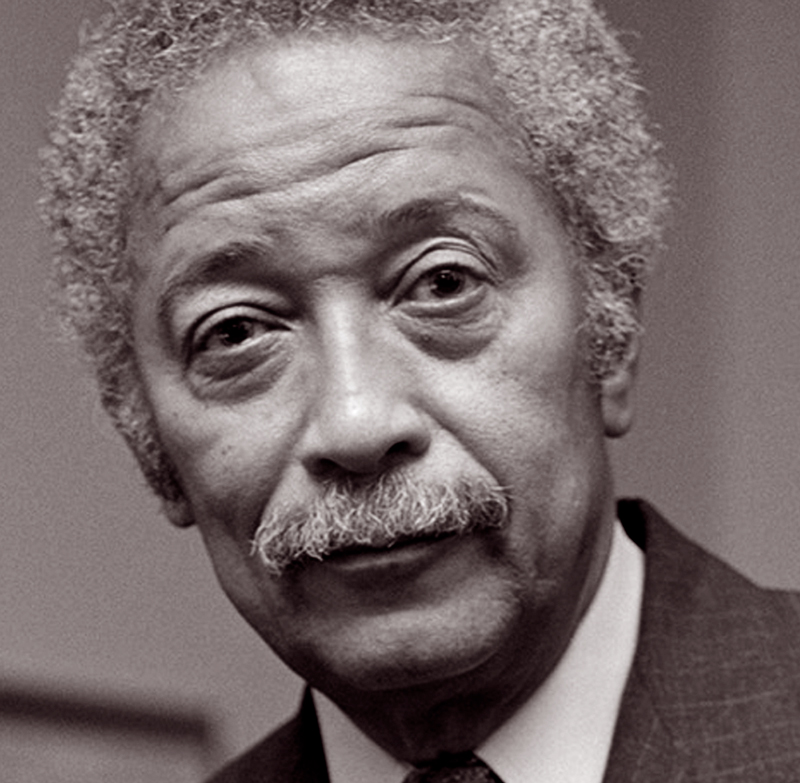
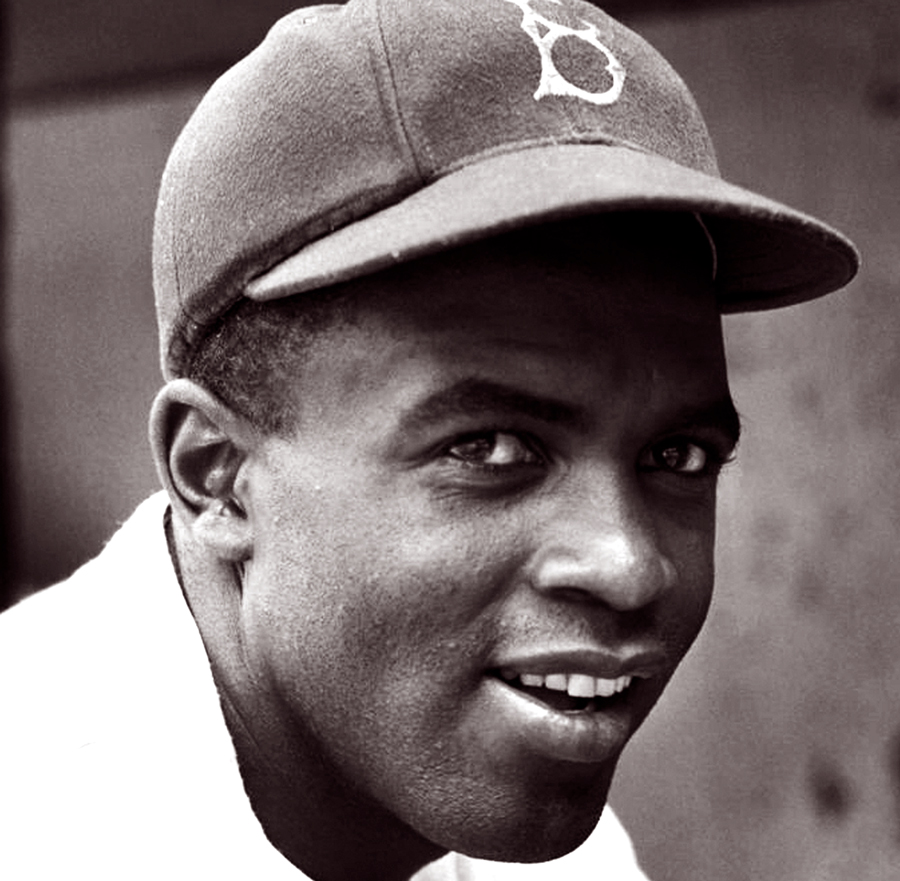
Jack Roosevelt (Jackie) Robinson
Jack Roosevelt (Jackie) Robinson was an American Major League Baseball (MLB) second baseman who became the first African American to play in the major leagues in the modern era. Robinson broke the baseball color line when the Brooklyn Dodgers started him at first base on April 15, 1947. The Dodgers, by playing Robinson, ended racial segregation that had relegated Black players to the Negro leagues since the 1880s. Robinson was inducted into the Baseball Hall of Fame in 1962.Robinson’s character, his use of nonviolence and his unquestionable talent challenged the traditional basis of segregation which then marked many other aspects of American life. He had an impact on the culture and contributed significantly to the Civil Rights Movement. Robinson also was the first Black television analyst in MLB, and the first Black vice president of a major American corporation, Chock full o’Nuts. In the 1960s, he helped establish the Freedom National Bank, an African-American-owned financial institution based in Harlem, New York. In recognition of his achievements on and off the field, Robinson was posthumously awarded the Congressional Gold Medal and Presidential Medal of Freedom.
J. Bruce Llewellyn
Bruce Llewellyn was born on July 16, 1927 in Harlem to Jamaican immigrant parents who moved to White Plains when he was two. Graduating from White Plains high at 16, he entered an Army cadet program. He used his Army severance pay to buy a liquor store in Harlem and the G.I. bill to go to Citi College. He went on to earn a law degree from New York Law School in 1960. In the 60s, he saw the organization expand nationally. “We’re the most dynamic group of Black men in the country” as he was quoted in the New York Times. In 1969, Llewellyn’s use of a “leveraged buyout” to buy Fedco Foods, a supermarket chain, was a new model for other businesses. In 1971, Jackie Robinson recruited Llewellyn to the board of Freedom National Bank. Llewellyn succeeded Mr. Robinson as Chairman in 1973. In 1974, he took a leave of absence from Fedco Foods to spend full time, recruiting a new bank president and instituting measures that saved the bank for the Harlem community. In 1985, Llewellyn with a group of partners, including Julius Erving, and Shahara Ahmad-Llewellyn, bought majority ownership of the Philadelphia Coca-Cola Bottling Company. It was the first Black-owned bottling plant in the US. He bought a Cable TV system from the NY Times and created Queen City Broadcasting. He bought the largest cable system in New Jersey (Garden State Cable). Bruce Llewellyn’s personal wealth has been estimated to exceed $160 million. He served on corporate boards, non-profit boards, was awarded over 10 honorary doctorates and established a Fellowship for minority PHD candidates at CUNY. Llewellyn served in the Carter administration as President of the Overseas Private Investment Corporation, and the Clinton administration as a board member for Large Enterprises in Russia and the US Small Business Advisory Council.
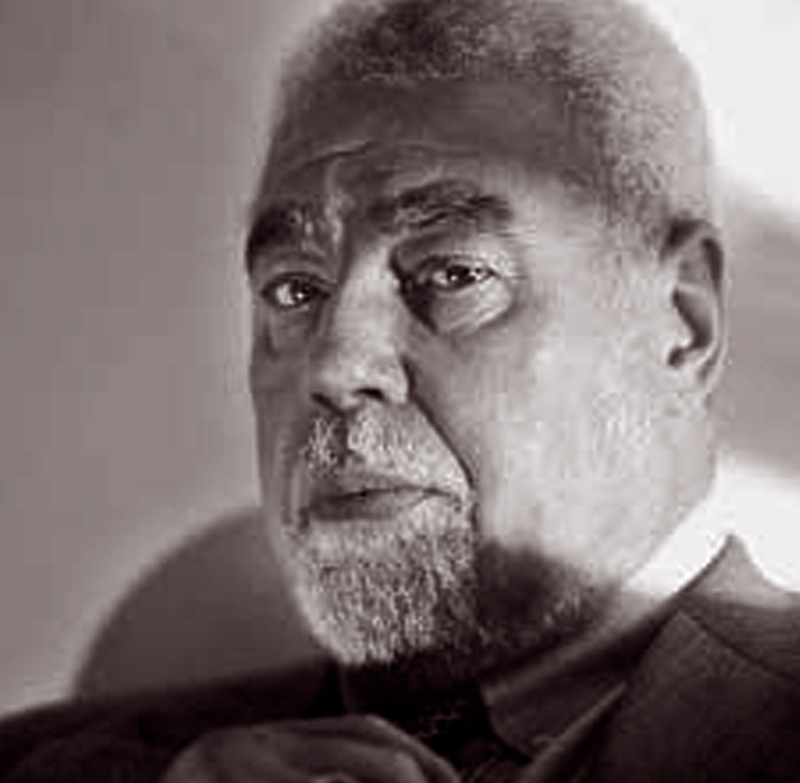
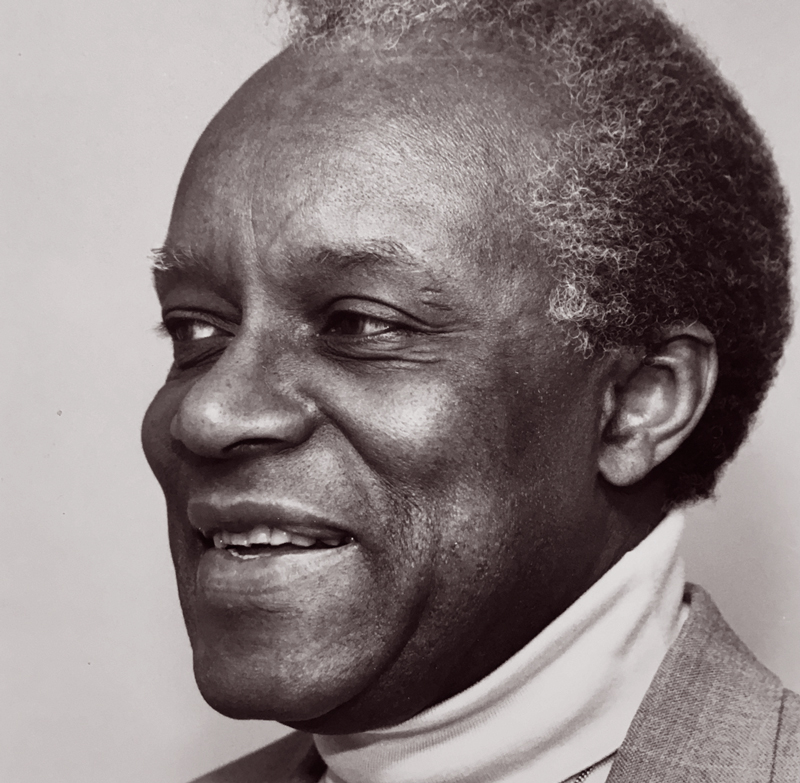
Cyril deGrasse Tyson
Cyril deGrasse Tyson is a sociologist became the first Director of Harlem Youth Opportunities Unlimited (HARYOU), a social activism organization founded in 1962. The group worked to increase opportunities in education and employment for young Blacks in Harlem. It also was designed to teach residents of Harlem how to work with governmental agencies to meet their demands. Mr. Tyson also served as a human resource commissioner for New York City Mayor John Lindsay in 1965. He is the author of numerous books including “2 Years Before the Riot!: Newark, New Jersey and the United Community Corporation 1964-1966;” Power And Politics In Central Harlem, 1862-1964: The Haryou Experience;” and The ”Unconditional War on Poverty:” And the Use of Computer Technology by Community Action Agencies 1965-1972.
Godfrey Murrain
Godfrey Murrain was born in Harlem, went to P.S. 42 in Queens, then Stuyvesant Far Rockway H.S., then DeWitt Clinton High (1945). Worked for the Federal Housing Admin for 6 months. Drafted in the U.S. Army to Ft. McCollough (Alabama) and later became an MP in 1946 in Germany. Went to Howard University under the GI Bill, transferred to NYU to get a degree in Accounting. Interviewed at 4-5 banks in NYC and was told he could not be a teller. Later, he went to an electronics firm to be a bookkeeper. In 1953, became an IRS agent and retired from there to establish his own law practice in 1958. Skilled in legal research, civil litigation and public speaking, he has a J.D. from Brooklyn Law School. Godfrey later married his wife Peggy, who was an educator in the NYC public school system and has one daughter. Member of the Boule Foundation for over 30 years.
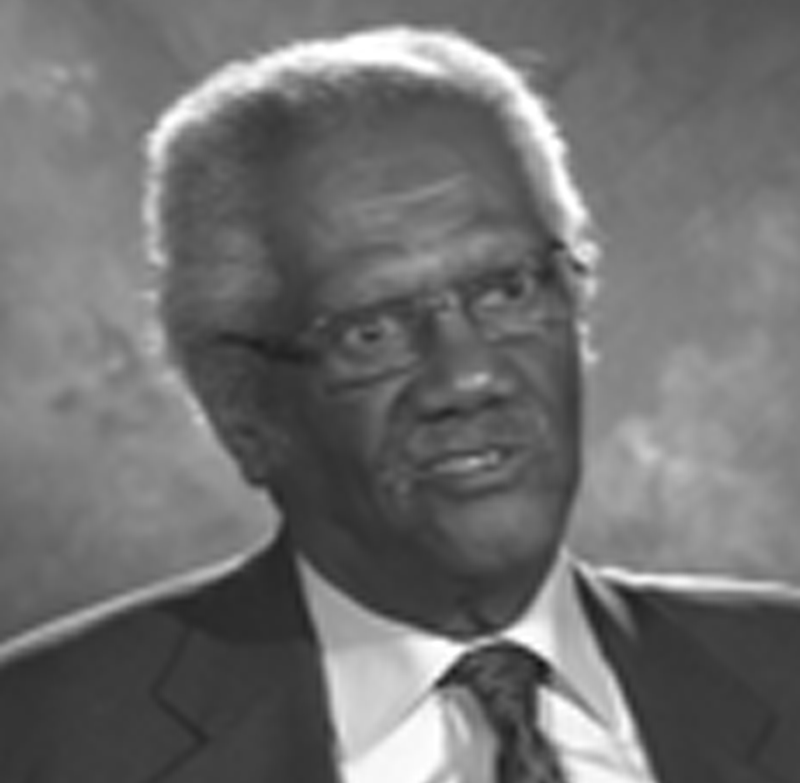
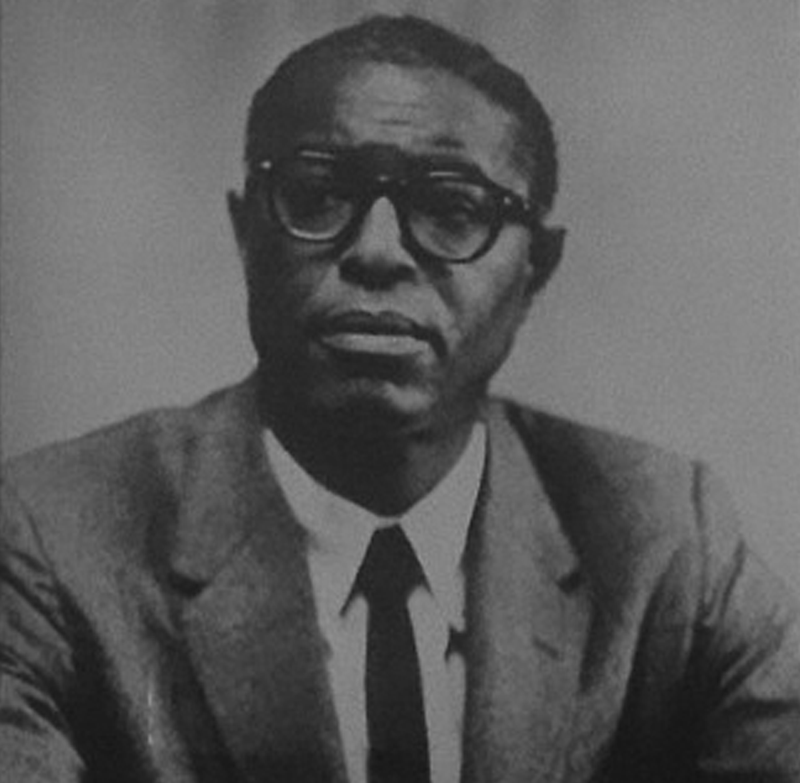
Livingston Wingate
Livingston Leroy Wingate was born on September 2, 1915 in Timmonsville, South Carolina. In 1938, his father moved the family to New York and passed away that same year. After graduating high school in Harlem, Wingate became a porter at Grand Central terminal for seven years. He attended St. John’s University, taking night classes while working as a skycap at La Guardia Airport. He earned a bachelor’s degree (1946) and law degree (1949) from St. John’s University. After receiving his law degree, Wingate opened a law office in Harlem and did pro bono legal work for the NAACP. Wingate joined the law firm of Cooper, Ostrin & DeVarco – specialists in labor and admiralty. Wingate went on to become a partner at the law firm of Weaver, Evans, Wingate, & Wright. After five years at Weaver, Evans, Wingate, & Wright, Wingate was appointed to associate chief counsel of the House Committee on Education and Labor by committee chairman Adam Clayton Powell, Jr. Wingate advocated for a youth-based project in Harlem to address juvenile delinquency and crime. When Congress passed the Juvenile Delinquency and Youth Offenses and Control Act on September 21, 1961, Wingate successfully negotiated with the President’s Committee on Youth Crime to establish of a youth-based project in Harlem. He served as executive director Haryou-Act, a Harlem-based antipoverty agency. Wingate later became executive director of the New York Urban League from 1968 to 1975. Wingate was appointed as a judge of Criminal Court of the city of New York in 1975. He served as a justice of the State Supreme Court in Manhattan from 1982 until 1985.
Andrew T. Hatcher
Andrew T. Hatcher was born in Princeton, NJ. Hatcher graduated from Witherspoon School for Colored Children in 1937 and Princeton High School in 1941. He attended Springfield College (MA) and served in the U.S. Army as a lieutenant during World War II. After his separation from the service, he relocated to San Francisco, CA, working as a journalist and later as Assistant Secretary of Labor under Governor of California Pat Brown. Hatcher served under Adlai Stevenson as a speechwriter during Stevenson’s two unsuccessful runs for President of the United States in 1952 and 1956. In 1960, with his close friend Pierre Salinger, he joined Sen. John F. Kennedy’s campaign press staff as a speechwriter. Immediately after his election as President, Kennedy named both men to his White House staff, making Hatcher associate press secretary, the first Black to serve in the White House staff.
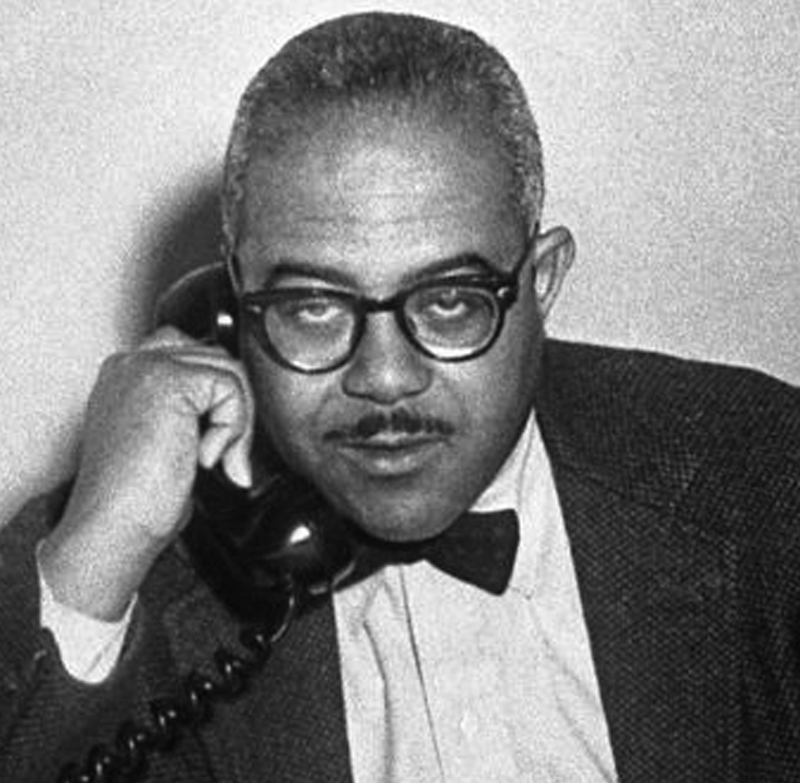
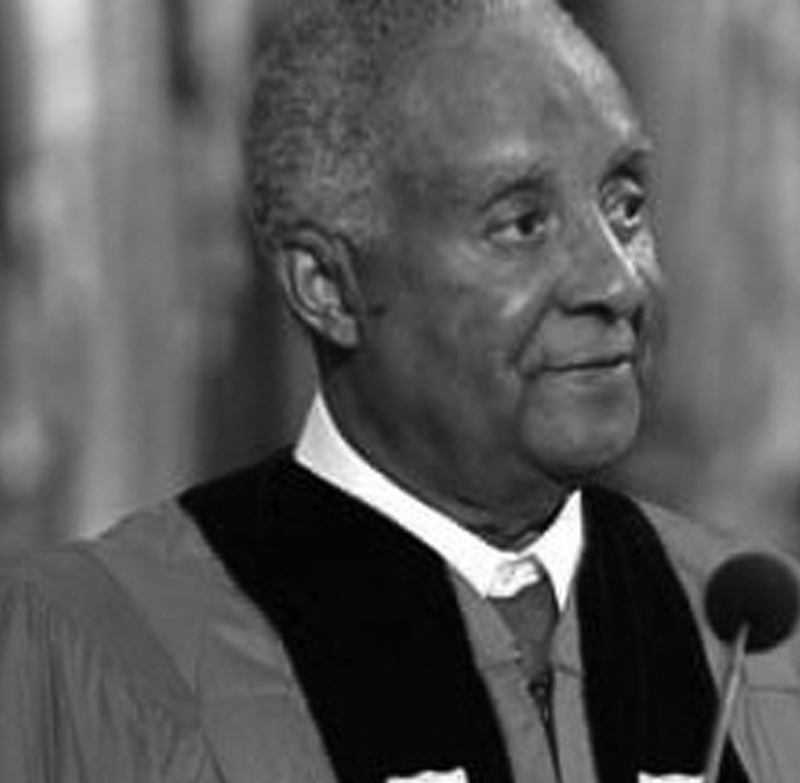
Dr. William H. Hayling
Dr. William H. Hayling
served as a Captain in the U.S. Army Medical Corps and was a Bronze star recipient. His excellence in medicine continued through an extensive career, leading a successful private practice for 24 years and was Chief of Ambulatory Obstetrics and Gynecology at Martin Luther King, Jr., Hospital in Los Angeles for 18 years, delivering more than 8,000 babies while providing maternal care for thousands of women over the course of his 55-year medical career. During this time, he simultaneously served at Charles R. Drew (Howard) University of Medicine and Science. While providing medical service to communities on both coasts of the U.S. he served as the 1st National President of our illustrious organization from 1986-1990.

Robert Mangum
Robert Mangum had a diverse career as the youngest deputy police commissioner in New York City, chairman of human rights for New York State, and the chairman of the New York affiliate of the National Urban League. Mangum also served as the appointed director of the Northeast region of the Office of Economic Opportunity, the lead agency in President Johnson’s war on poverty. In 1971, he became the first Black judge appointed to the New York State Court of Claims, which adjudicates claims against the state. Mangum earned a bachelor’s degree in the social sciences from the City College of New York, a law degree from Brooklyn Law School, and a master’s in public administration from New York University.

David Norman Dinkins
David Norman Dinkins was an American politician who served as the 106th Mayor of New York City, from 1990 to 1993. He was the first and, to date, only African American to hold that office. Before entering politics, Dinkins served in the US Marine Corps, graduated cum laude from Howard University, and received a law degree from Brooklyn Law School. He served as Manhattan Borough President prior to becoming mayor. Under the Dinkins administration, crime in New York City decreased more dramatically and more rapidly than at any time in previous New York City history. After leaving office, Dinkins was named professor of public affairs at Columbia University. Dinkins was a member of the Board of Directors of the United States Tennis Association, and a member of The Jazz Foundation of America. He serves on the boards of the New York City Global Partners, the Children’s Health Fund (CHF), the Association to Benefit Children and the Nelson Mandela Children’s Fund (NMCF). Dinkins is also on the Advisory Board of Independent News & Media and the Black Leadership Forum, is a member of the Council on Foreign Relations and is Chairman Emeritus of the Board of Directors of the National Black Leadership Commission on AIDS.

Jack Roosevelt (Jackie) Robinson
Jack Roosevelt (Jackie) Robinson was an American Major League Baseball (MLB) second baseman who became the first African American to play in the major leagues in the modern era. Robinson broke the baseball color line when the Brooklyn Dodgers started him at first base on April 15, 1947. The Dodgers, by playing Robinson, ended racial segregation that had relegated Black players to the Negro leagues since the 1880s. Robinson was inducted into the Baseball Hall of Fame in 1962.Robinson’s character, his use of nonviolence and his unquestionable talent challenged the traditional basis of segregation which then marked many other aspects of American life. He had an impact on the culture and contributed significantly to the Civil Rights Movement. Robinson also was the first Black television analyst in MLB, and the first Black vice president of a major American corporation, Chock full o’Nuts. In the 1960s, he helped establish the Freedom National Bank, an African-American-owned financial institution based in Harlem, New York. In recognition of his achievements on and off the field, Robinson was posthumously awarded the Congressional Gold Medal and Presidential Medal of Freedom.

J. Bruce Llewellyn
Bruce Llewellyn was born on July 16, 1927 in Harlem to Jamaican immigrant parents who moved to White Plains when he was two. Graduating from White Plains high at 16, he entered an Army cadet program. He used his Army severance pay to buy a liquor store in Harlem and the G.I. bill to go to Citi College. He went on to earn a law degree from New York Law School in 1960. In the 60s, he saw the organization expand nationally. “We’re the most dynamic group of Black men in the country” as he was quoted in the New York Times. In 1969, Llewellyn’s use of a “leveraged buyout” to buy Fedco Foods, a supermarket chain, was a new model for other businesses. In 1971, Jackie Robinson recruited Llewellyn to the board of Freedom National Bank. Llewellyn succeeded Mr. Robinson as Chairman in 1973. In 1974, he took a leave of absence from Fedco Foods to spend full time, recruiting a new bank president and instituting measures that saved the bank for the Harlem community. In 1985, Llewellyn with a group of partners, including Julius Erving, and Shahara Ahmad-Llewellyn, bought majority ownership of the Philadelphia Coca-Cola Bottling Company. It was the first Black-owned bottling plant in the US. He bought a Cable TV system from the NY Times and created Queen City Broadcasting. He bought the largest cable system in New Jersey (Garden State Cable). Bruce Llewellyn’s personal wealth has been estimated to exceed $160 million. He served on corporate boards, non-profit boards, was awarded over 10 honorary doctorates and established a Fellowship for minority PHD candidates at CUNY. Llewellyn served in the Carter administration as President of the Overseas Private Investment Corporation, and the Clinton administration as a board member for Large Enterprises in Russia and the US Small Business Advisory Council.

Cyril deGrasse Tyson
Cyril deGrasse Tyson is a sociologist became the first Director of Harlem Youth Opportunities Unlimited (HARYOU), a social activism organization founded in 1962. The group worked to increase opportunities in education and employment for young Blacks in Harlem. It also was designed to teach residents of Harlem how to work with governmental agencies to meet their demands. Mr. Tyson also served as a human resource commissioner for New York City Mayor John Lindsay in 1965. He is the author of numerous books including “2 Years Before the Riot!: Newark, New Jersey and the United Community Corporation 1964-1966;” “Power And Politics In Central Harlem, 1862-1964: The Haryou Experience;” and “The Unconditional War on Poverty And the Use of Computer Technology by Community Action Agencies 1965-1972.”

Godfrey Murrain

Livingston Leroy Wingate
Livingston Leroy Wingate was born on September 2, 1915 in Timmonsville, South Carolina. In 1938, his father moved the family to New York and passed away that same year. After graduating high school in Harlem, Wingate became a porter at Grand Central terminal for seven years. He attended St. John’s University, taking night classes while working as a skycap at La Guardia Airport. He earned a bachelor’s degree (1946) and law degree (1949) from St. John’s University. After receiving his law degree, Wingate opened a law office in Harlem and did pro bono legal work for the NAACP. Wingate joined the law firm of Cooper, Ostrin & DeVarco – specialists in labor and admiralty. Wingate went on to become a partner at the law firm of Weaver, Evans, Wingate, & Wright. After five years at Weaver, Evans, Wingate, & Wright, Wingate was appointed to associate chief counsel of the House Committee on Education and Labor by committee chairman Adam Clayton Powell, Jr. Wingate advocated for a youth-based project in Harlem to address juvenile delinquency and crime. When Congress passed the Juvenile Delinquency and Youth Offenses and Control Act on September 21, 1961, Wingate successfully negotiated with the President’s Committee on Youth Crime to establish of a youth-based project in Harlem. He served as executive director Haryou-Act, a Harlem-based antipoverty agency. Wingate later became executive director of the New York Urban League from 1968 to 1975. Wingate was appointed as a judge of Criminal Court of the city of New York in 1975. He served as a justice of the State Supreme Court in Manhattan from 1982 until 1985.

Andrew T. Hatcher
Andrew T. Hatcher was born in Princeton, NJ. Hatcher graduated from Witherspoon School for Colored Children in 1937 and Princeton High School in 1941. He attended Springfield College (MA) and served in the U.S. Army as a lieutenant during World War II. After his separation from the service, he relocated to San Francisco, CA, working as a journalist and later as Assistant Secretary of Labor under Governor of California Pat Brown. Hatcher served under Adlai Stevenson as a speechwriter during Stevenson’s two unsuccessful runs for President of the United States in 1952 and 1956. In 1960, with his close friend Pierre Salinger, he joined Sen. John F. Kennedy’s campaign press staff as a speechwriter. Immediately after his election as President, Kennedy named both men to his White House staff, making Hatcher associate press secretary, the first Black to serve in the White House staff.

